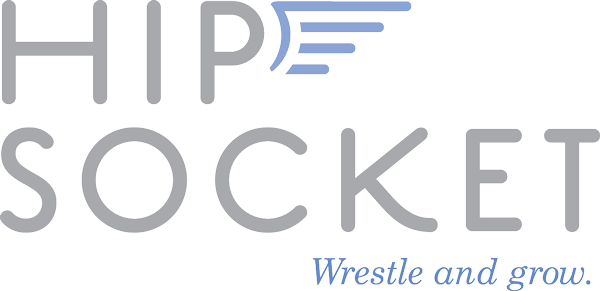The second half of a recent Fresh Air features Dr. Anna Lembke and her new book, “Dopamine Nation.” It’s about the brain’s reaction to pleasure and pain, and how that relates to addictions.
She asks her patients struggling with addiction to practice “radical honesty.”
And so one of the things I recommend to my patients in addition to, you know, the initial period of the dopamine fast or the abstinence is, I say to them, you know, in this month, I want you to try really hard not to lie about anything. And by that, I mean, not just don’t lie about your substance use or your online behaviors or whatever it is, I want you to try really hard not to lie about anything, why you were late to work, you know, why you had a – I don’t know – a second piece of cake or whatever it was. And I warn them that it’s really hard because, on average, you know, the average adult tells about one to two lies a day. We all lie. You know, we lie in ways large and small.
And it’s really hard to tell the truth. And to tell the truth, you actually have to have, like, an active sort of truth-o-meter going on where you’re sort of constantly observing what you’re saying and saying to yourself – now, am I telling the truth? Was that really the whole truth and nothing but the truth? But it – I think it has really important brain health properties. And the most important among them is probably that it strengthens the ties between our prefrontal cortex and our limbic brain.
So the prefrontal cortex is that part of our brain just behind our forehead engaged in decision-making, long-range planning, delayed gratification, storytelling. So telling the truth strengthens that part of the brain and, in turn, strengthens the connections between that part of our brain and our reward pathway, which is a much older, more primitive part of our brain. And it thereby helps us really control our reward pathway and control our consumption.
Whether we understand brain science or not, there is a firm link here with classical education.
The liberal arts are the arts for liberated people. That is, they are bundles of skills that keep you from being a slave–to manipulative arguments, to faulty reasoning, to your own passions and desires.
And they often start with the liberal art of grammar. When an ancient Roman would learn Greek, he would start by naming the basics: letters, words, the endings of nouns and verbs, and so on.
This principle would carry over to the liberal art of dialectic (or logic): If you are going to debate with me on a topic, we had better be clear on our terms. What do you mean by x? Name it.
The liberal art of rhetoric is the skill of naming as well. Are you getting across to your audience what you mean? Are you naming well?

This is incredibly practical.
Augustine named the four major emotions as sadness, gladness, fear and desire. Dr. Lembke might agree. Being able to name the emotion you are experiencing, and being able to express it, goes a long way toward preventing that emotion from controlling you in the moment.
Imagine how it would also apply to a conversation with an upset customer or employee.
The scholar Andrew Kern has described the seven liberal arts as, among other things, the skills for truth perception. Would you like that for yourself? For your people?
There are practical steps to develop this skill. And there is a deeper dive about it here on this blog.
Let me know how I can help you take the next step.
